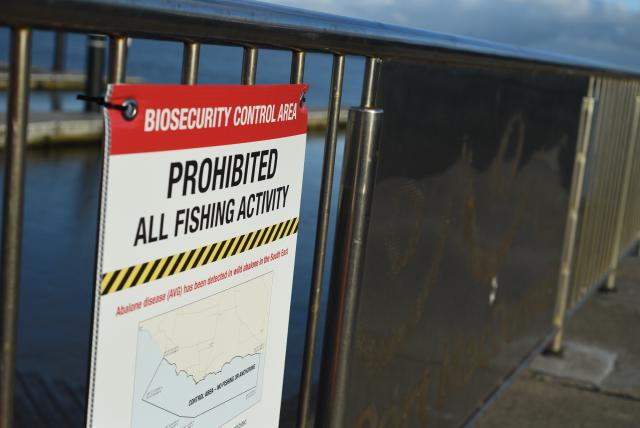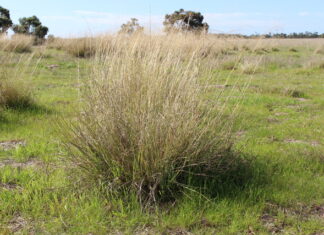Abalone virus fishing ban

Digital Edition
Subscribe
Get an all ACCESS PASS to the News and your Digital Edition with an online subscription
Lovegrass found
AFRICAN lovegrass has been confirmed on a property near Millicent.
It is the most southerly occurrence recorded in the Limestone Coast to date.
The find...







